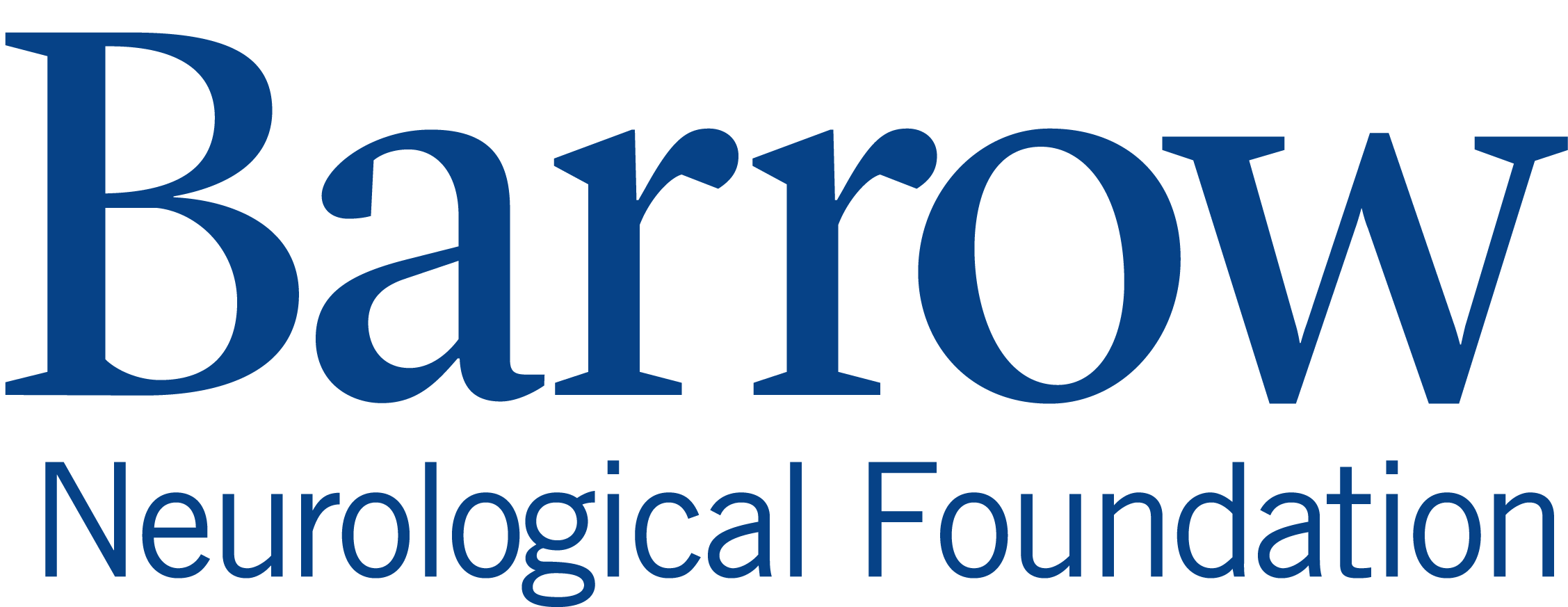
Barrow Pituitary Surgeon Inspires Scientist to Give Back After Life-Changing Operation

Debilitating Symptoms
Dr. Zavros noticed that she was having difficulty concentrating at work and keeping track of things at home. Eventually, she couldn’t focus at all. “It was as if I constantly had a hundred different thoughts going through my head at once and I couldn’t sort through them all,” she explains. Even worse was the incapacitating fatigue that she experienced daily. She describes it as “a bone-deep kind of exhaustion that drained me physically and mentally, making me want to crawl into bed and not wake up for days.” When Dr. Zavros thought things couldn’t get any worse, she began experiencing some startling physical changes. She gained excess weight around her face, neck, and abdominal area, which eventually led her to develop severe high blood pressure that wouldn’t respond to medication.
Although Dr. Zavros was persistent in seeking out medical advice, doctors continuously dismissed the severity of her symptoms, citing that they were most likely caused by hormones, stress, doing too much, not taking care of herself properly, or eating too much and exercising too little. Their attempts at explaining away her symptoms would eventually cost Dr. Zavros precious years of her life.
The Final Straw
Dr. Zavros reached her breaking point when she was home with her family during the pandemic. She started having erratic mood swings, anxiety, and depression. She became angry at her children, husband, and everything around her. “When I looked in the mirror I didn’t recognize myself or my life anymore,” she says. “I knew I couldn’t go on this way much longer. I was convinced my life was going to end.”
Through a referral from a work colleague, Dr. Zavros finally saw a doctor who took her symptoms seriously and ordered an MRI. After more than sixteen years of searching for answers, Dr. Zavros finally received a diagnosis: Cushing’s disease, which is most commonly caused by a tumor on the pituitary gland. She would have to undergo surgery to remove the exceptionally large tumor in her brain.
A Life-Changing Surgery
After years of being let down by doctors, Dr. Zavros knew she needed the best of the best to perform the operation. That person was neurosurgeon Andrew S. Little, MD, in the Pituitary Center at Barrow Neurological Institute. Recalling her first meeting with Dr. Little, she says, “He was extremely compassionate and understanding about what I had gone through and he truly respected my knowledge as a scientist. I knew right then that I had found my doctor.” Dr. Zavros left Barrow Neurological Institute that day feeling like an enormous weight had been lifted off her shoulders.
In December 2020, Dr. Little performed surgery to remove the tumor on her pituitary gland. Despite the tumor’s massive size, he got it all out in one operation. Almost immediately after waking up from surgery, Dr. Zavros could feel the difference. She had mentally clarity and could focus again. Not long after, she was back working in the laboratory and engaging in life with a renewed sense of energy and enthusiasm. “Dr. Little saved my life in every way possible. My whole world is now open to endless possibilities,” she says.
Giving Back Through Research
To express her gratitude, Dr. Zavros is now collaborating with Dr. Little on a research project that seeks to develop new pituitary tumor treatments. Through this collaboration, the research team has created miniature pituitary neuroendocrine tumors in a laboratory dish, called “PitNET organoids,” which will allow for the development of therapies to directly treat and prevent tumor recurrence in patients suffering from Cushing’s disease.
“As a patient-scientist, I am in a unique position to apply my knowledge and new perspective to research that will be worthwhile and will help treat patients who have also lost their quality of life to this disease,” says Dr. Zavros. The team recently received an R01 grant from the National Institutes of Health to continue their innovative research.
